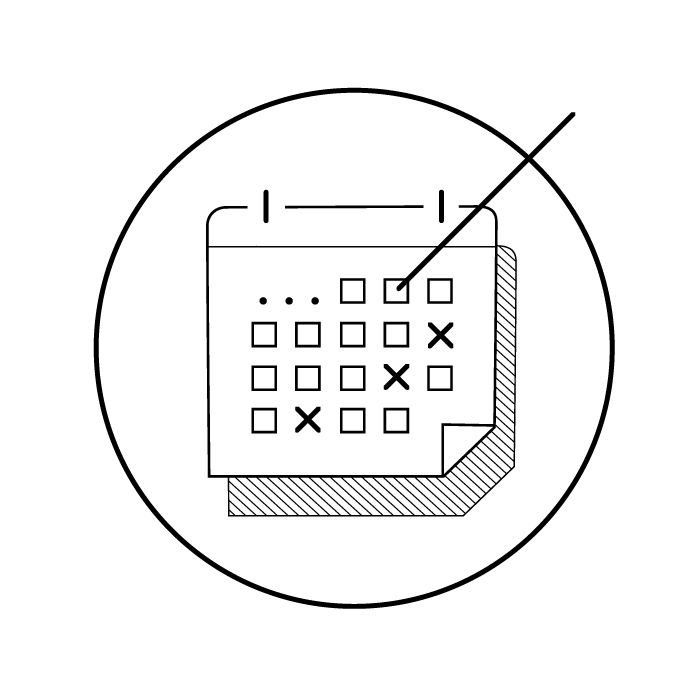 Conference
Conference
Ignorance and Non-Knowledge in Early Modern Expansion
Workshop
24–25 March 2015
Convener: Susanne Friedrich (Ludwig-Maximilians-Universität Munich)
Venue: German Historical Institute London
Every form of early modern expansion was confronted with different phenomena of ‘ignorance’ and ‘non-knowledge’, regardless of who initiated the expansion. There were all forms of simple ignorance, as a lot of regions were undiscovered. Facts, known but to a few, could also be objects of non-knowledge. Moreover, in some situation non-knowledge becomes strategically disposable. There are cases in which long distance corporations voluntarily created non-knowledge. Therefore, it is essential to recognise concrete situations, the processes of cultural negotiation of non-knowledge and their sociocultural contexts as well as matters of power. The recognition of knowledge gaps resulted in strategies to handle them. The different ways of answering to these challenges also promises wider insights into the different knowledge cultures of early modern expanding powers. ‘Non-knowledge’ is not simply the opposite of knowledge, but rather a complementary and in itself complex phenomenon with dynamics of its own.
This workshop aims at tackling the subject on a broad basis. We will also be looking beyond individual case studies for more general considerations about how these phenomena might be adequately analysed and described. By doing so, the workshop will allow a more precise understanding of the problems, the relevance and the functions of ‘ignorance’ and ‘non-knowledge’ in early modern expansion.
Conference programme (PDF file)
Conference report (PDF file), published in: GHIL Bulletin 37 (2015), Vol 2